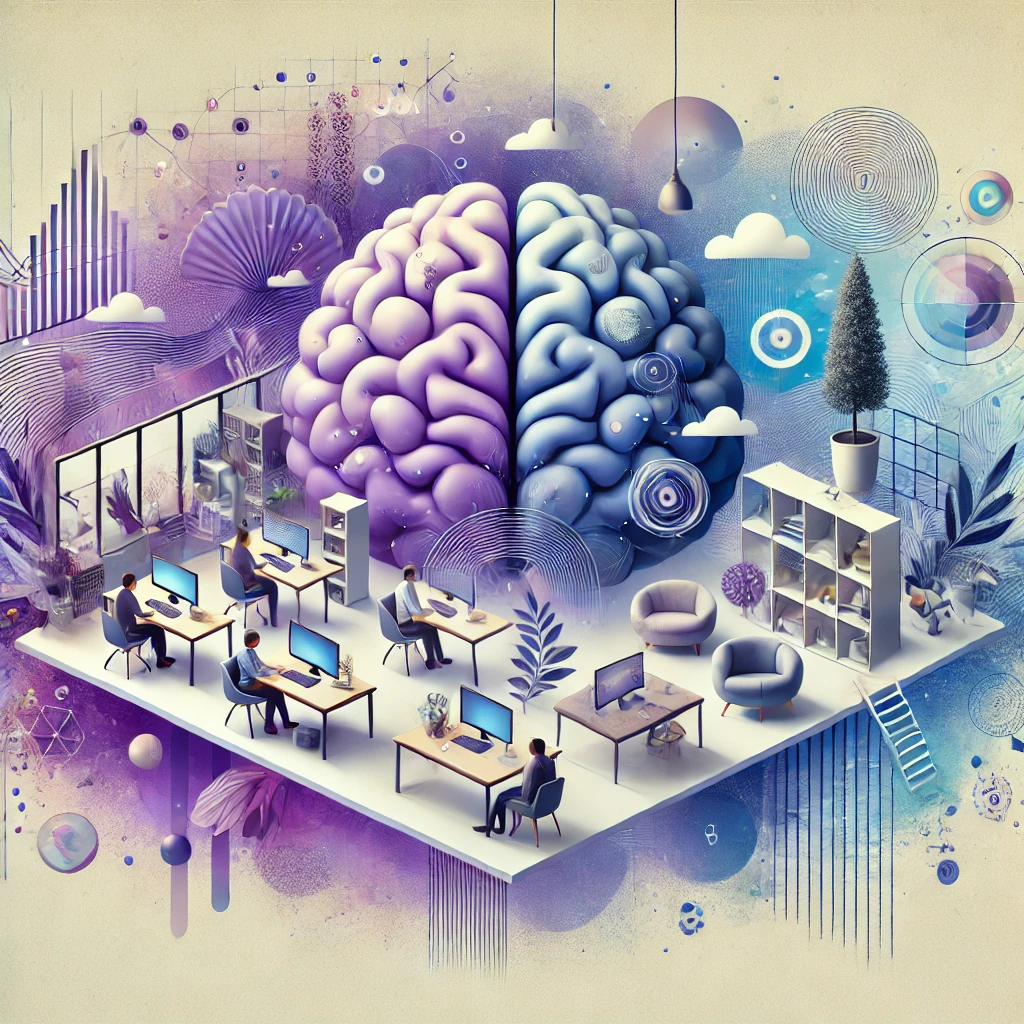HR Automation Enhancing Employee Well-being in the Digital Age
In the rapidly evolving landscape of workplace management, HR Automation has emerged as a pivotal tool. Reshaping how companies interact with their most valuable asset – their employees. While the primary allure of HR automation lies in its efficiency and cost-effectiveness. Its impact on employee well-being is an aspect that deserves equal, if not more, attention. This blog post delves into how HR automation, when strategically implemented, can significantly contribute to enhancing employee well-being.
Understanding HR Automation:
HR Automation refers to the use of technology to streamline and automate human resource processes. This includes tasks like payroll, benefits administration, recruitment, and employee data management. By integrating systems like AI and machine learning, HR departments can reduce manual workload, minimize errors, and provide more accurate and timely services to employees.
According to a KPMG survey, the primary anticipated benefits of investing in intelligent automation are enhanced performance (56%) and freeing up staff for strategic work (54%), leading to an increasing number of companies planning to invest in HR automation and AI in the coming years.
HR Automation and Employee Experience:
The employee experience is a critical factor in workplace satisfaction and productivity. HR automation can play a significant role in enhancing this experience. Automated systems provide employees with easy access to HR-related information, faster response times for their queries, and a more streamlined process for tasks like leave applications and expense claims. This level of efficiency not only boosts employee morale but also allows them to focus more on their core job responsibilities.

Balancing Efficiency with the Human Touch:
While HR automation brings numerous efficiencies, maintaining a balance with the human element of HR is crucial. Personal interactions, empathy, and understanding are aspects of HR that cannot be fully replicated by machines. Therefore, companies must ensure that while they automate processes for efficiency, they also retain the human touch in areas like employee counseling, conflict resolution, and professional development. This balance is key to ensuring that employees feel valued and supported, not just processed.
Supporting Employee Well-being:
One of the most significant contributions of HR automation is its ability to support employee well-being. Automated wellness programs can offer personalized health tips, track wellness goals, and provide easy access to mental health resources. Moreover, by automating routine tasks, HR professionals can dedicate more time to developing and implementing initiatives focused on employee well-being, such as stress management workshops, team-building activities, and one-on-one coaching sessions.
The Future of Work: HR Automation and Beyond:
As we look to the future, the role of HR automation in shaping the workplace continues to expand. The integration of advanced analytics and predictive modeling can offer deeper insights into employee satisfaction and engagement, helping HR teams to proactively address issues related to workplace well-being. Additionally, as remote work becomes more prevalent, HR automation tools can play a crucial role in managing and supporting a geographically dispersed workforce.
Conclusion:
HR Automation is not just a trend; it’s a transformational force in the realm of human resources. By enhancing efficiency and providing valuable insights, it offers a powerful means to elevate employee well-being. However, the key lies in striking the right balance between technological efficiency and the irreplaceable human element of HR. As organizations continue to navigate the complexities of the modern workplace, those who leverage HR automation to not only streamline processes but also enrich their employees’ work experience will emerge as leaders in fostering a healthy, productive, and engaged workforce.
HR Automation represents a significant advancement in the digital era. For more insights, revisit our previous blog, “HR Automation: Redefining Recruitment and Retention in the Modern Workplace.”









